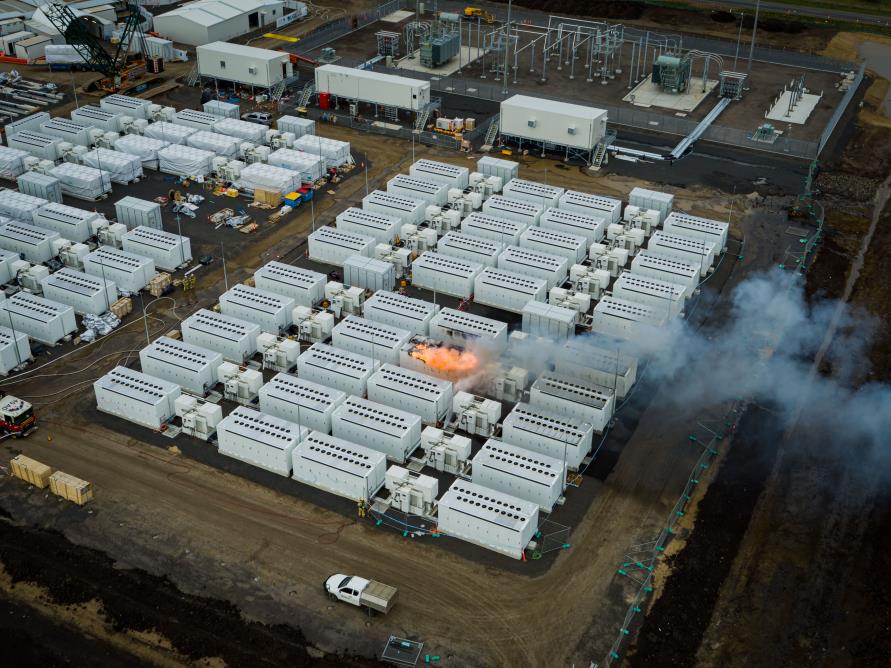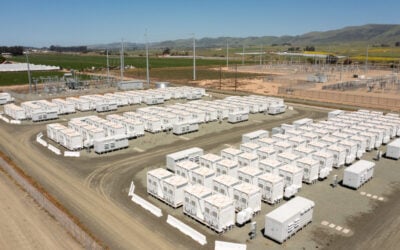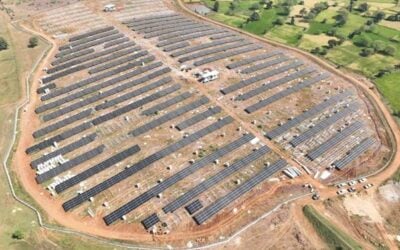
Stakeholders have a few days left to take part in a survey on lithium-ion based battery storage system safety hosted by the US Fire Protection Research Foundation.
The foundation is a research affiliate to the National Fire Protection Association (NFPA). Although based in the US, NFPA is a global non-profit organisation working to reduce exposure to dangers from fire and related areas like electrical safety.
Enjoy 12 months of exclusive analysis
- Regular insight and analysis of the industry’s biggest developments
- In-depth interviews with the industry’s leading figures
- Annual digital subscription to the PV Tech Power journal
- Discounts on Solar Media’s portfolio of events, in-person and virtual
NFPA 855, a safety standard for the installation of energy storage systems is widely used in North America and other markets as one of the key certifications required for projects and technologies to get funding and permitting since its launch in 2019.
It ranks highly in importance alongside other certification and test standards like UL 1973, which tests energy storage systems (ESS) for their ability to withstand abuse and UL 9540A which tests how easy or difficult it is to put batteries into thermal runaway and what happens when they are.
NFPA and the Fire Protection Research Foundation’s international questionnaire survey will help guide research into to risk assessment and mitigation strategies for battery storage safety. The deadline to respond is 31 July.
NFPA noted that battery storage deployments are growing exponentially around the world. Although fire protection and emergency response services already work closely with system providers to formulate safety and response strategies, there are still gaps in knowledge regarding safety of lithium-ion batteries, the group said.
The survey is part of a wider effort launched by NFPA and its research group, which was launched in November 2021 assessing the different technologies that fall under the category of lithium-ion battery energy storage system (BESS), analysing any failures that occur at installations around the world, identifying and analysing mitigation strategies. From there, the programme seeks to direct the industry and its many partners to address the gaps in understanding that are identified.
There’s an urgent need to do that, Paul Rogers, a US firefighter with nearly 30 years’ experience and now an energy storage safety expert, said in an interview with our quarterly journal PV Tech Power, published at the beginning of this year.
Now a founding principal at consultancy Energy Safety Response Group (ESRG), Rogers said that while ESS fire events are likely to be very rare, they can pose serious risks when they do occur. Similarly, the vast majority of the ESS industry is being responsible about how they site, install and use their systems and the local authorities and first responders that work with them are working hard to learn as much as they can about these relatively new technologies.
However, Rogers said, codes and standards can be extremely complex, and the industry perhaps needs to make more effort to communicate with all of its stakeholders.
At this year’s ees Europe trade show in May, several sources commented that safety is the single most important topic customers want to be reassured about when it comes to battery storage.
Respond to the Fire Protection Research Foundation survey here.






